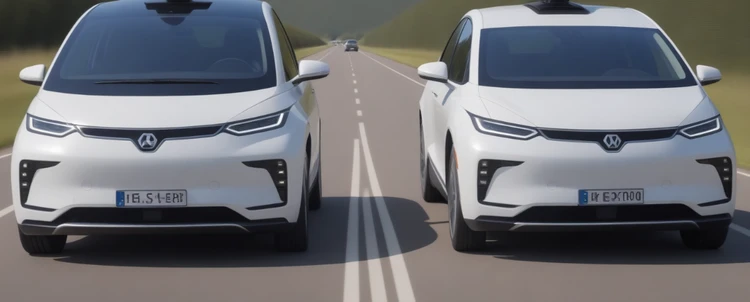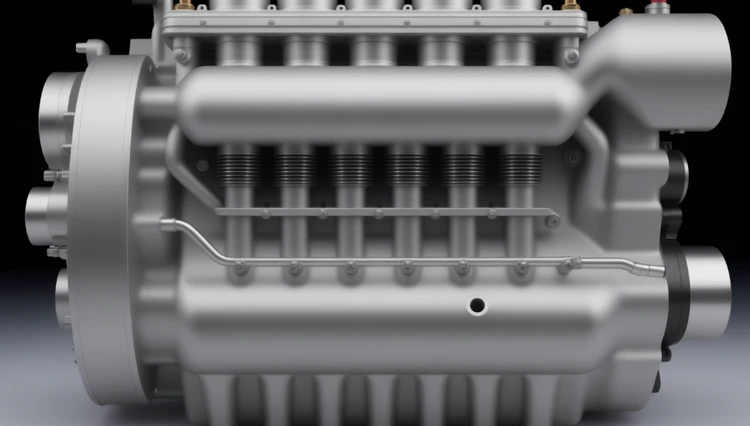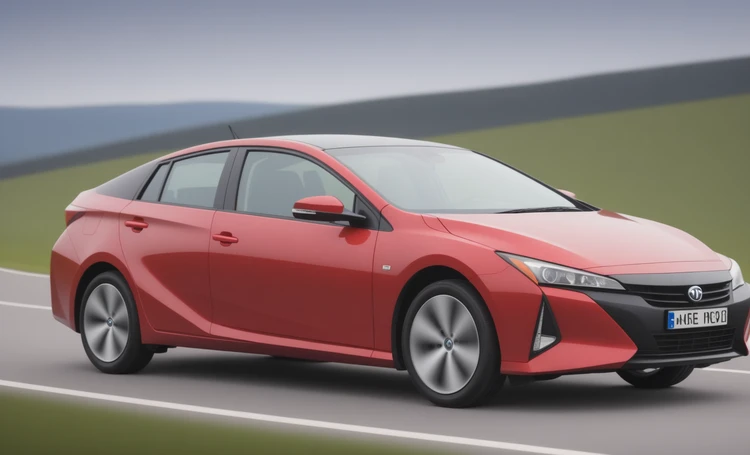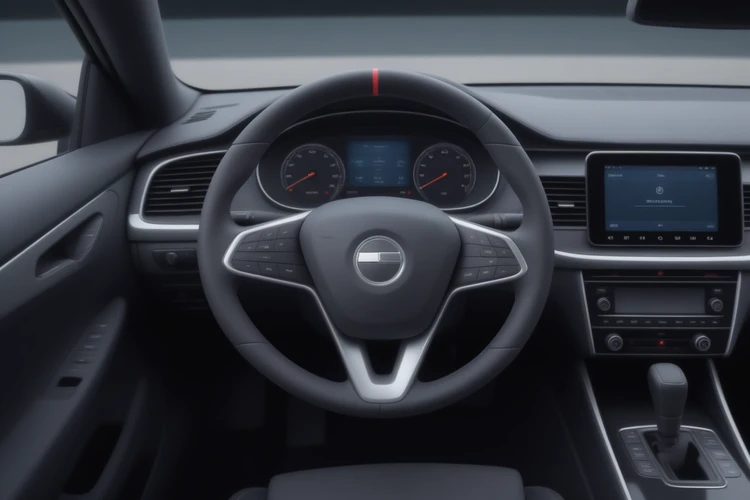🚗⚡ Engine comparison: advantages of hybrid engines
In today's world, where environmental requirements and the search for efficiency are becoming increasingly important, hybrid engines represent an important step in the development of the automotive industry. Find out more about the benefits of hybrid engines here. In this article, we'll look at why hybrid engines are worth considering and how they compare to traditional gasoline and diesel engines.
🌿 Environmental efficiency
Reduced emissions
Hybrid engines significantly reduce emissions of carbon dioxide and other harmful substances. Thanks to the combination of electric and traditional motor, they provide cleaner operation, which is essential for environmental sustainability.
Improved fuel efficiency
Hybrid cars consume less fuel compared to purely petrol or diesel cars. This is achieved through more efficient energy use and the ability to switch to the electric motor at low loads.
💡 Technological innovation
Advanced control systems
Hybrid engines are equipped with high-tech control systems that optimize engine operation, improving overall efficiency and performance.
Improved dynamic performance
Thanks to the combination of two types of engines, hybrid cars have better dynamic performance, especially in acceleration mode, where the electric motor provides additional torque.
💵 Economic benefit
Reduced fuel costs
Operating hybrid cars is cheaper due to lower fuel consumption. This is especially true given rising oil and gasoline prices.
High residual interest
Hybrid vehicles often have a higher resale value due to their advanced technology and market relevance.
📈 Comparative analysis with traditional engines
For clarity, consider a comparative table of the main characteristics of hybrid and traditional engines:
| Characteristic | Hybrid engine | Traditional engine |
|---|---|---|
| CO2 emissions | Low | High |
| Fuel consumption | Economical | Less economical |
| Control | Automated | Manual |
| Dynamics | Improved | Standard |
| Price | Higher | Below |
This table shows that, despite the higher initial cost, hybrid engines offer many benefits in terms of environment, economy and performance.
🚦 Problems and challenges
High development cost
The development and production of hybrid engines requires significant investment. This is due to the need to use advanced technologies and materials.
Infrastructure limitations
In many regions, the infrastructure to support hybrid vehicles is still insufficient, in particular there are not enough charging stations for electric vehicles.
🌐 Global trends and future of hybrid engines
Strengthening environmental standards
Given the global drive to reduce carbon emissions and combat climate change, hybrid engines will play an increasingly significant role.
Development and innovation
Hybrid engine technology is constantly evolving, offering more efficient and cost-effective solutions. This includes improving battery technology and control systems.
📚 Research and expert opinions
To gain a deep understanding of the topic, it is useful to study scientific research and opinions of experts in the automotive industry. They confirm that hybrid engines are not only more efficient in terms of fuel consumption, but also help reduce overall environmental pollution.
Effectiveness studies
Many studies confirm that hybrid engines significantly reduce fuel consumption and carbon dioxide emissions compared to conventional engines.
Expert opinions
Experts agree that hybrid technology will play a key role in the future of the automotive industry, given its ability to reduce environmental impact and improve fuel efficiency.
🌱 Impact on the environment
Hybrid engines play a key role in reducing the environmental impact of cars. They help reduce emissions of carbon dioxide and other pollutants, an important step in the fight against global warming.
Reduced emissions
Hybrid cars emit much less carbon dioxide than traditional gasoline or diesel cars. This helps reduce overall air pollution levels.
Reducing noise pollution
Hybrid engines are quieter, which reduces noise pollution, especially in urban environments.
Conservation of resources
The use of hybrid technologies helps reduce the consumption of oil and other fossil fuels, which is important for preserving natural resources and maintaining environmental balance.
💡 Conclusion and prospects
Hybrid engines represent an important step towards a cleaner and more sustainable future. They provide significant benefits over traditional engines, including higher fuel efficiency, lower emissions and reduced noise pollution.
As technology develops and infrastructure improves, hybrid vehicles will become increasingly important in the market. This not only helps protect the environment, but also offers consumers more economical and comfortable travel options.
Overall, hybrid engines are a key component in achieving global environmental goals and creating a more sustainable future for us all.



